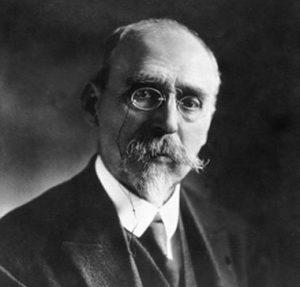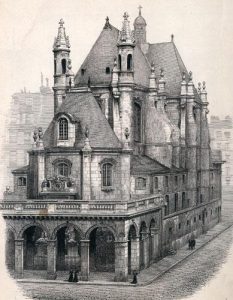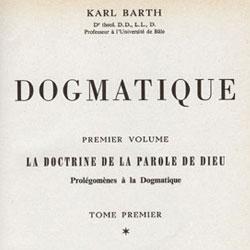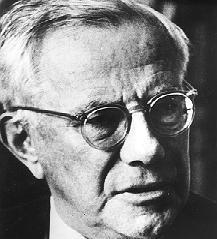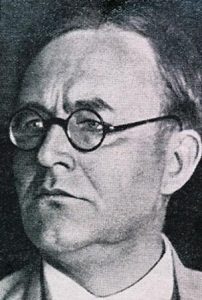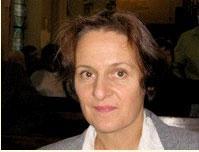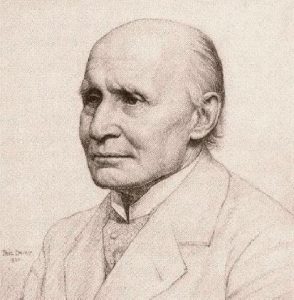Reformed Churches
In April 1802 Napoléon Bonaparte, first consul, published on the 18th germinal (seventh month) of the year X (organic articles) asserting the existence of Reformed Churches but reducing them to consistorial churches limited to 6,000 worshippers and denying them any regional or national organisation. These churches were funded and controlled by the state.
The 1905 law concerning the division between Church and State was not opposed to church regrouping. A soon as 1906 consistorial reformed churches regrouped in three different units as a result of the division between liberal reformed and orthodox that took place in the 19th century.
The scheme concerned reformed churches only in France, not in Alsace and Moselle regions
Indeed the 1905 law did not apply to the regions which had become German in 1871. And it was not to be applied when they became French again in 1918 and in 1945. Churches there are still under the concordat rule.
It was only in 1938 that a new regrouping of Reformed Churches was decided. After five years’ discussions emerged as follows :
- the Eglise réformée de France or ERF (French Reformed Church) at a meeting held in Lyon
- the Eglise réformées évangéliques indépendantes or EREI ( independent evangelical reformed churches) comprising Churches of the Union and evangelical reformed churches who had not wished to merge with the ERF.


